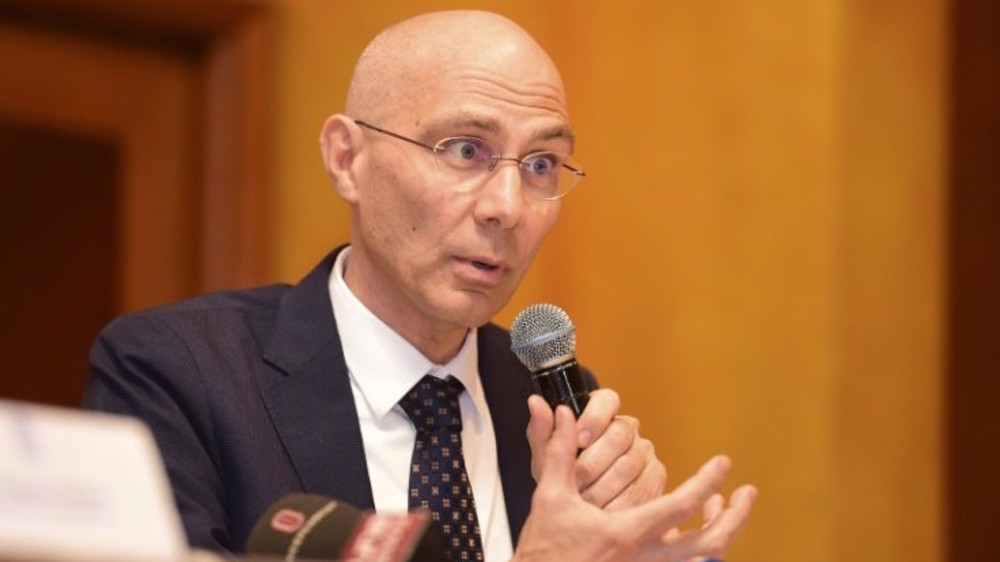The United Nations human rights chief says he was “deeply disappointed” that Australians failed to recognize Indigenous people in the constitution in a referendum earlier this month.
Australians had to vote “Yes” or “No” in the referendum on October 14, the first in almost a quarter of a century, on the question of whether to alter the constitution to recognize Aboriginal and Torres Strait Island people through the creation of an Indigenous advisory body, the “Voice to Parliament.”
They, however, decisively rejected the proposal.
If passed, the reforms would have created a consultative body — a so-called “Voice” to parliament — to help tackle the inequalities that plague Aboriginal communities.
Human rights chief Volker Turk said on Tuesday that although the referendum had failed, the issues it sought to address would not go away.
“I am deeply disappointed at the missed opportunity to officially recognize Aboriginal and Torres Strait Islander Peoples in Australia’s constitution and give them a greater voice alongside the country’s parliament.”
Turk called for reconciliation for all Australians in a climate devoid of “hate, racism and fear-mongering.”
He also urged political leaders to work “to unite rather than divide Australians on this issue… to find alternative ways of addressing their continued exclusion and disadvantage.”
Aboriginal Australian leaders denounced the referendum result on Monday, saying that the result would be “etched into Australia’s history forever.”
Indigenous Australians, who make up 3.8 percent of the country’s 26 million inhabitants, have long been struggling for generations to get recognition.
The population has suffered since European colonization, which had a devastating impact on Aboriginal communities and cultures.




